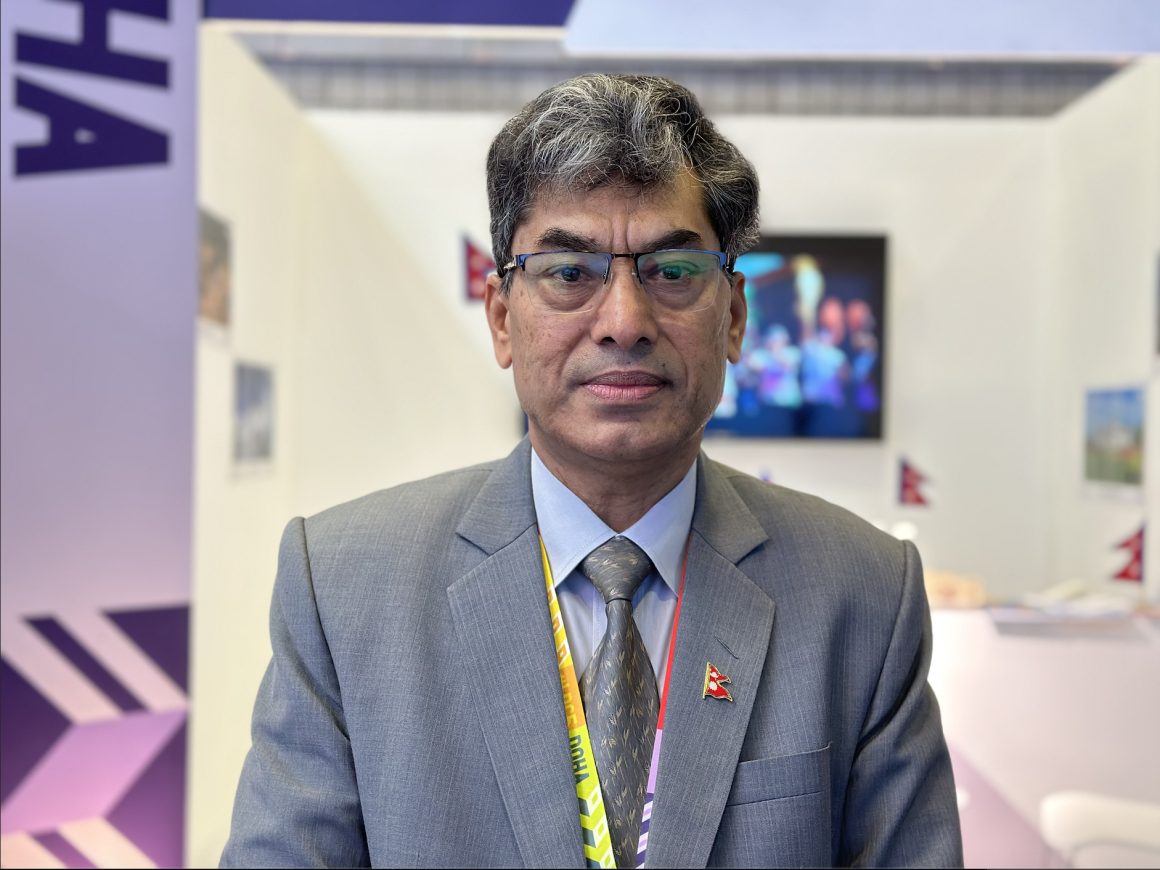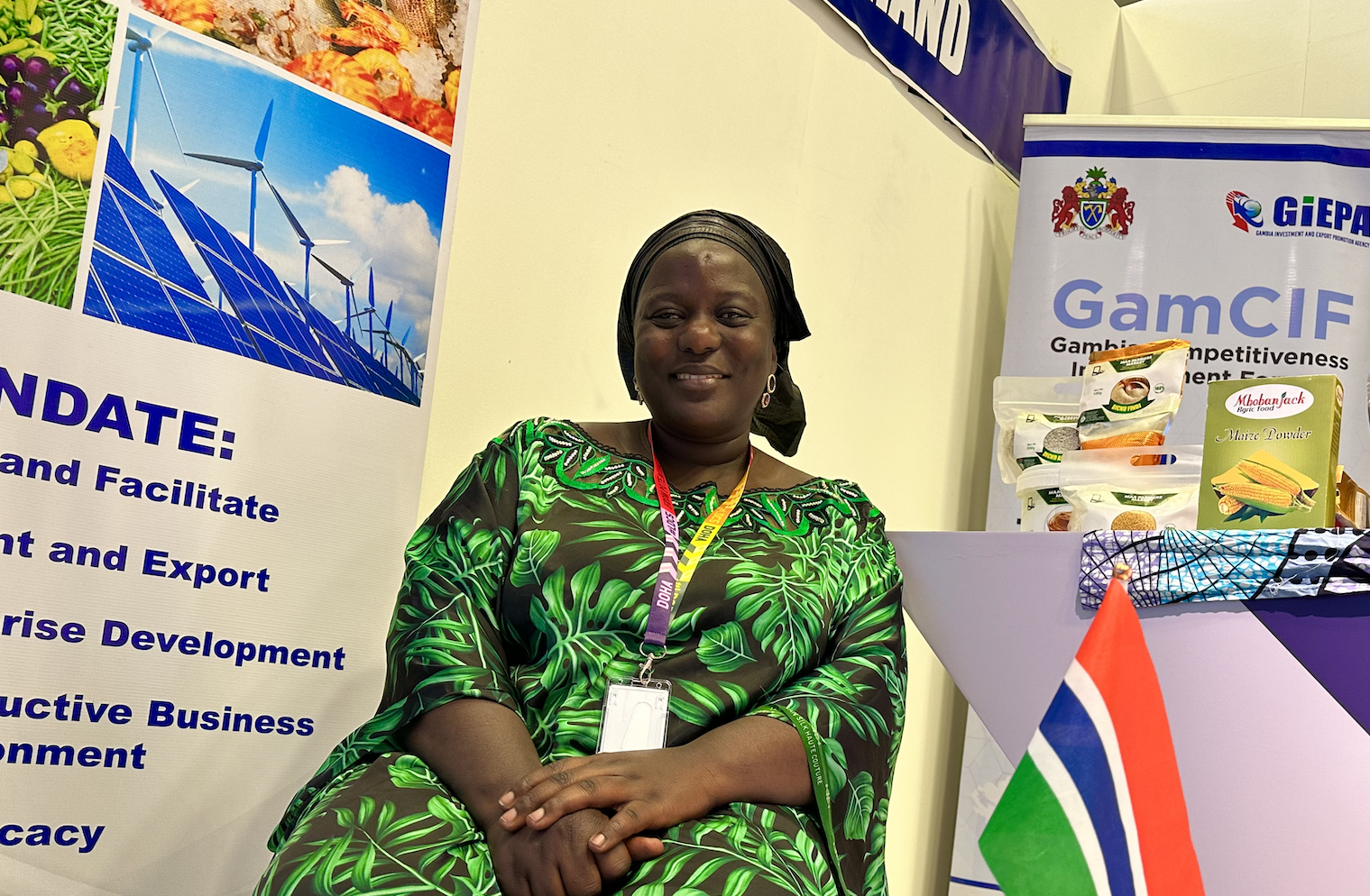The Fifth United Nations Conference on the Least Developed Countries (LDC5) is held in the Qatari capital from 5-9 March.
Delegates from all around the world have come to Doha to attend LDC5 and learn from the experiences of other nations.
Each delegate has a story and a different motivation to be at the conference. Doha News spoke to delegates to find out who they are, what they do, and what they’re hoping to get out of LDC5.
Fatoumata Jawawa Dukureh is from Gambia, and is the Founder and CEO of the MAA Foundation for Women.
Her foundation is an NGO that works with rural women and youth in fisheries and agriculture in Gambia, with the aim of empowering them.
She’s also an entrepreneur that owns the MAA Farmer’s Market and with the work that she does, she realised she won’t be going anywhere if the farmers at the grassroots level are not sustainably empowered.
“Those are the people that I get the raw materials from and if they are not empowered, then there is no way my business will be sustainable.”
She realised that the women and youth, who do much of the work, lack significant education and funding.
It was clear to Dukureh that the problem went beyond her, was much bigger than her to solve alone, and she did not want to be in debt.
“Thats the moment I knew I should set up an NGO that will work with relevant partners, government and other institutions that can empower the people from the grassroots level because most of them are not educated and they don’t know what happened or what are the opportunities out there.”
The agenda of the LDC’s often says “leave no one behind”, and she tried to follow it.
To Dukureh, it’s a simple equation really.
“If women are not empowered and encouraged, it means they are not stable and when women are not stable and they are not okay in whatever they are doing, it means the country as a nation is not stable.
“It’s very important for the focus to be on women empowerment if we are really serious about development.”

Min Bahadur Shrestha is the Vice-Chairman of Nepal’s National Planning Commission. His country will be graduating from its position as an LDC in 2026.
His position at the commission entails formulating Nepal’s development plan and implementing all the strategies and policies they need.
He hopes that LDC5 will help Nepal learn more about the experience of other countries, with the goal of making it an easier and smoother transition from LDC status to developing status.
“We are in the process of formulating the 16th development plan of Nepal and in that plan, we will be integrating all these goals and graduation strategies and that will help us in making the plan and policies implementable and effective,” Shrestha told Doha News.
To him, Qatar sets an example for all LDC’s for its speedy growth and development. He’s in the conference with a set goal in mind.
“I have observed that the development pace in Qatar in the last few years has been tremendous, unparalleled, and it is beyond expectations. Especially in the infrastructure development.”
He believes that the infrastructure in the country is very unique compared to other countries.
“Many countries build their infrastructure following the Western model, like the skyscrapers in New York that came to Japan, Hong Kong, and South Korea. But here the design of the infrastructure is totally different.”
Qatar’s architecture and landscape stood out to him because it often represented Arab culture and heritage, whether directly or indirectly.







